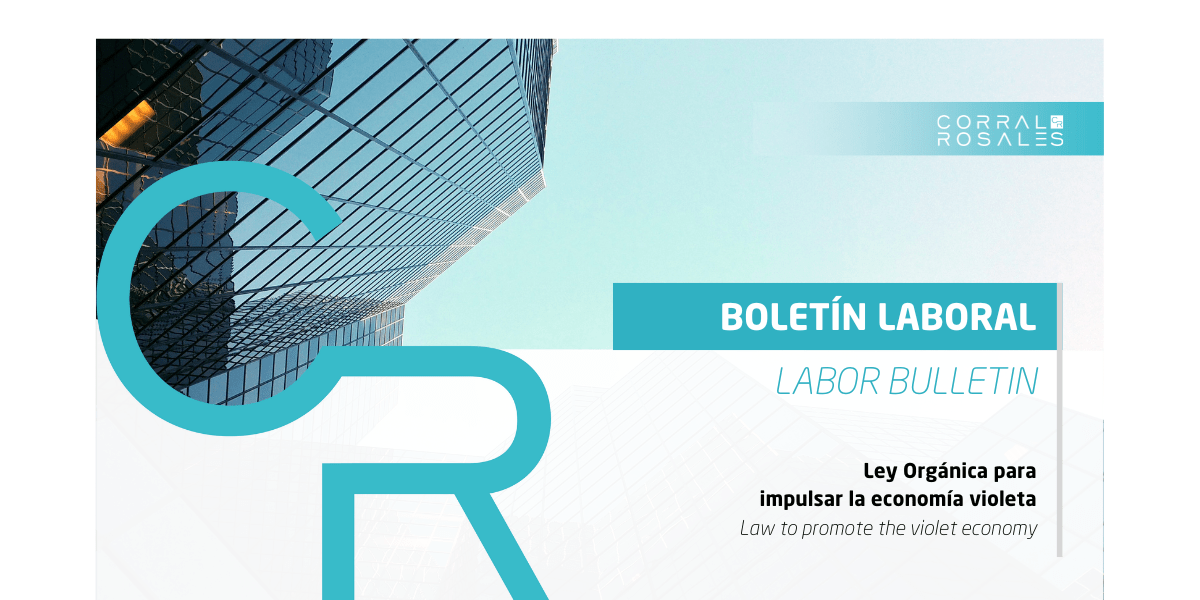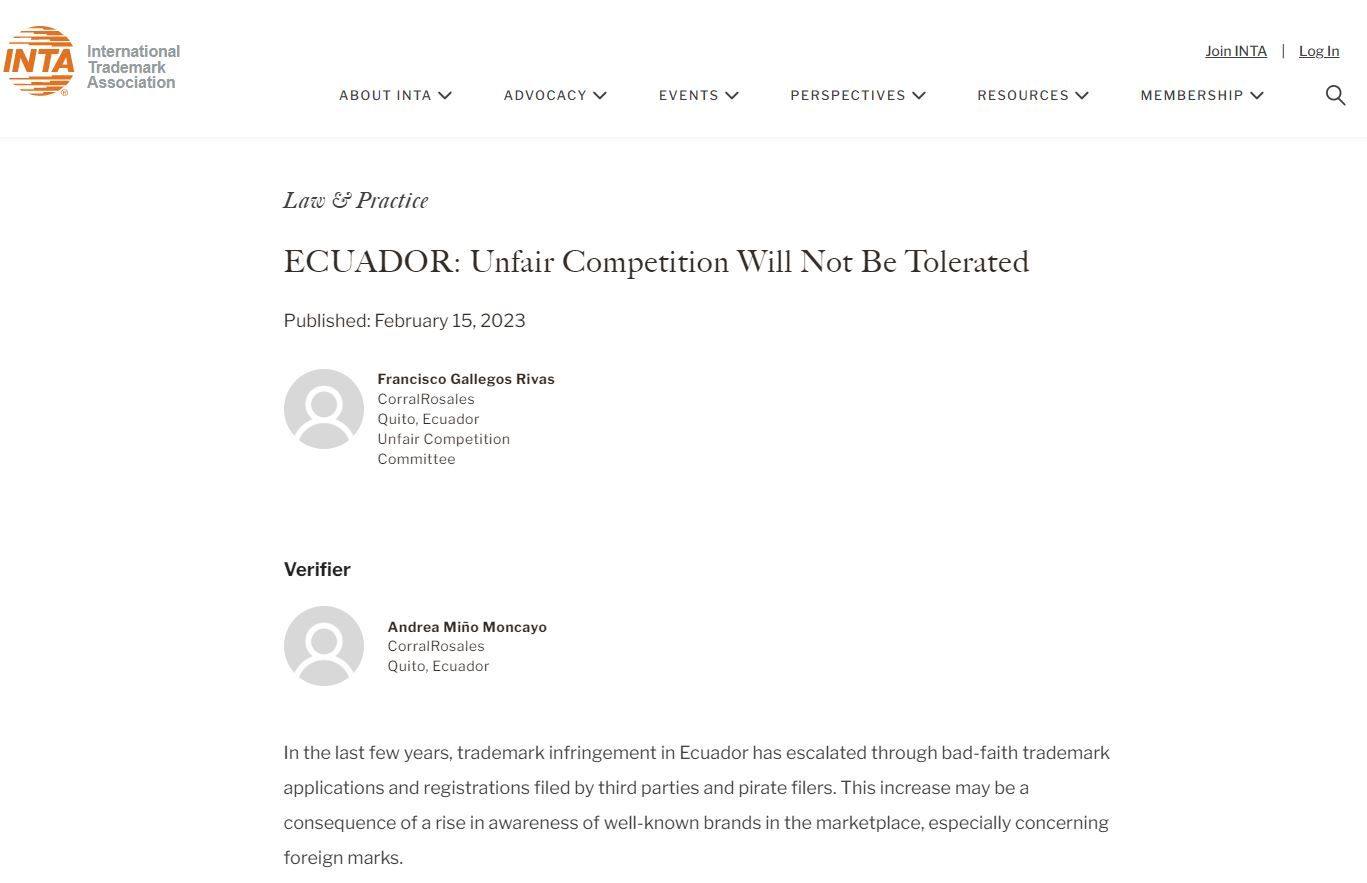Below, a summary of the most important matters regulated in the Law to Promote the Violet Economy enacted by the Official Gazette Supplement 234 dated January 20, 2023.
1. LABOR Aspects:
– The working week for women may be freely distributed in 5 days, without exceeding 40 hours a week or more than 10 hours a day.
– Companies with 25 or more employees must promote plans and working conditions that prevent sexual harassment in the workplace.
– Companies with 50 or more employees must prepare and implement a plan for equal treatment, equal opportunities, and non-discrimination in the workplace. This equality plan must be registered with the Ministry of Labor. Equality plans must be submitted to the Ministry of Labor after 1 year, i.e., January 20, 2024.
– The Ministry of Labor will award a badge to the companies that demonstrate:
i. Balance in all jobs between women and men.
ii. Adoption of the equality plan.
iii. Issuance of non-sexist advertising of the company’s products or services.
iv. Other measures aimed at achieving gender equality.
– The breastfeeding period was modified and will last 12 months from the delivery date.
– The working day of the nursing mother will last 6 hours according to the worker’s needs.
– The 12 weeks paid maternity leave may be used exclusively by the mother, or shared with the father, up to 75% of the period. The modality will be determined by mutual agreement between the father and the mother, must be notified to the employer prior to the beginning of the leave and cannot be modified.
– The percentage of insertion of interns will include students in dual training. If female individuals are included in this modality, the percentage of inclusion of interns may be increased by an additional 0.5 percentage points.
2. TAX Aspects:
As a tax benefit, the taxpayers will be able to deduct up to an additional 140% of the remunerations and social benefits paid for the creation of new jobs for female workers, according to their time of permanence:

If the employment relationship is terminated, the benefit may continue to apply if the job vacancy is filled by another female worker under the same salary and contractual conditions.
The benefit may be applied up to 3 fiscal years if the number of new job openings for women exceeds the following percentages:

The benefit may not be accumulated with other additional deductions granted for the increase of employment contemplated in article 10 numeral 9 of the Internal Tax Regime Law.
3. CORPORATE Aspects:
It is established that all entities subject to the Companies Law must integrate to their boards at least one woman for every three members of such corporate bodies.

Specialist in Labor Law
Edmundo Ramos, partner at CorralRosales
eramos@corralrosales.com
+593 2 2544144
Would you like to receive our newsletters with information like the one you have just read?


















